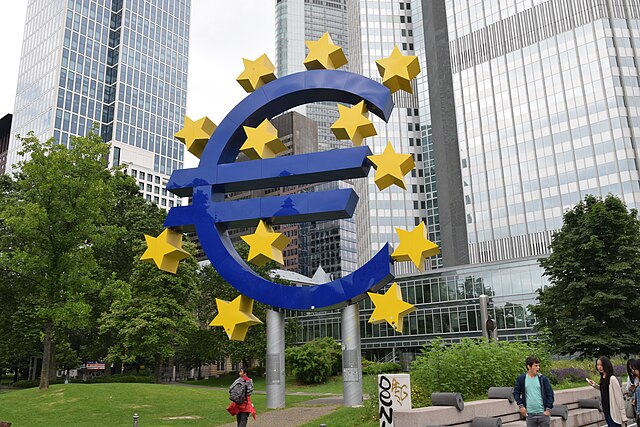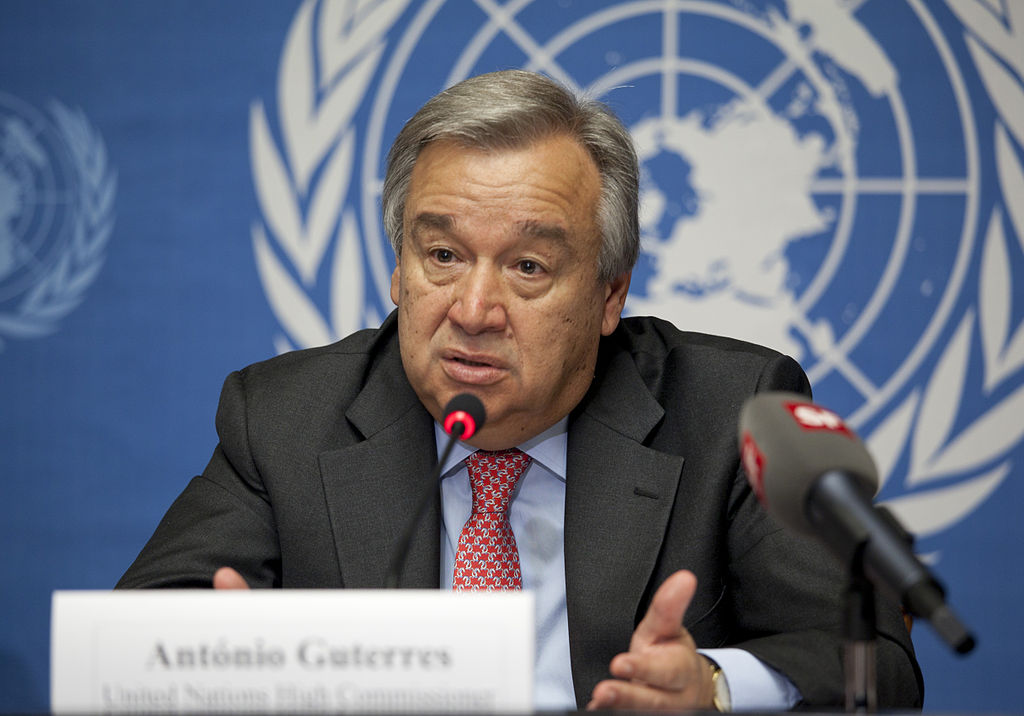In a big step towards F1 sustainability, the Mercedes-AMG PETRONAS F1 Team has reached a significant milestone. They were able to cut over 500 tonnes of Co2e during the 2024 European races.
This was done by fueling their logistics fleet with 98% HVO100 biofuel. In 2023, this number was 74%. Mercedes F1’s push for sustainability not only aligns with their Net Zero target by 2030 but also sets a noteworthy example for other organisations that are considering ESG in sports.
Biofuel-Powered Races Across Europe
During their 2024 European season, Mercedes F1 managed to power almost all of their trucks and generators with HVO100 biofuel. This is a premium biofuel made entirely from renewable sources, mainly vegetable oil and animal fats.
This initiative not only cuts emissions significantly but also highlights the expanding role of ESG for F1 and other sports organisations across Europe. If you have a sports team that needs help in setting and tracking sustainability targets, check out an ESG reporting tool.
Related Articles: Sustainability and F1: Strive to Survive? | Progress in a Static Environment: F1 Teams Take Sustainability Into Their Own Hands
Sustainability Goals for a Low-Carbon Future
The biofuel initiative of Mercedes F1 is part of a sustainable strategy that aims to cut emissions. This sustainability shit was made possible through collaboration with PETRONAS (an energy company) and key logistics partners.
According to team principal and CEO Toto Wolff, “Powering our European season on biofuels is a first for our team and sport, and I hope what we have achieved, with the invaluable support, expertise, and supply capability of our title and technical partner PETRONAS, will inspire others to follow.”
Scaling ESG Efforts in Global Races
The use of biofuels in European races is just the beginning of Mercedes F1’s commitment to sustainability. Plans are already in place to expand this practice to their global races next season.
Mercedes F1’s sustainability head, Alice Ashpitel, emphasised the broader impact by saying: “Optimising our logistics operations and achieving almost total biofuel coverage reflects our team’s significant sustainability efforts, and it’s a real inspiration to see the reduction of our impact at the track and on the road.”
Towards a Sustainable Future in F1 and Beyond
Mercedes F1’s biofuel efforts are a step toward the Net Zero 2030 plan. This shows that Mercedes F1’s ESG in sports strategy goes beyond short-term impact. This commitment also aligns with Formula 1’s larger aim of using fully sustainable fuels by 2026.
Businesses that aim to implement ESG in sports can use the IMPAKTER ESG reporting tool. This platform can help you set and achieve meaningful sustainability goals, just like Mercedes F1, on the journey towards a low-carbon future.
***
This article is referenced from Mercedes F1 Cuts 500 Tonnes of CO2e with Biofuels in European Season by ESG News
Editor’s Note: The opinions expressed here by the authors are their own, not those of impakter.com — Cover Photo Credit: GREGOR














